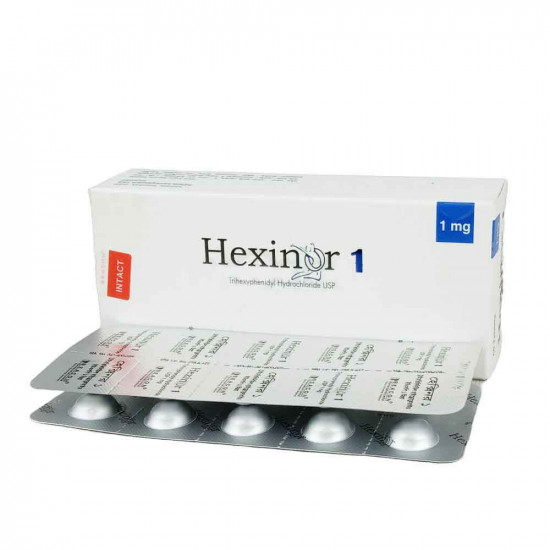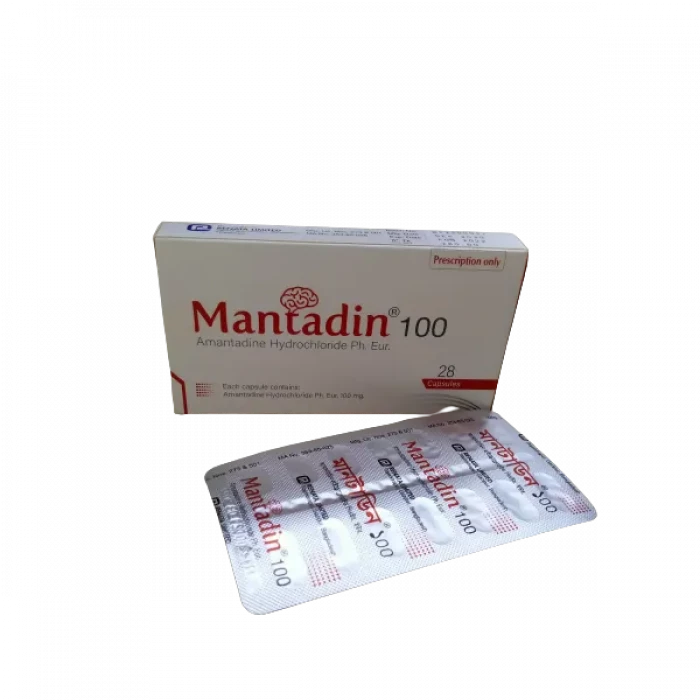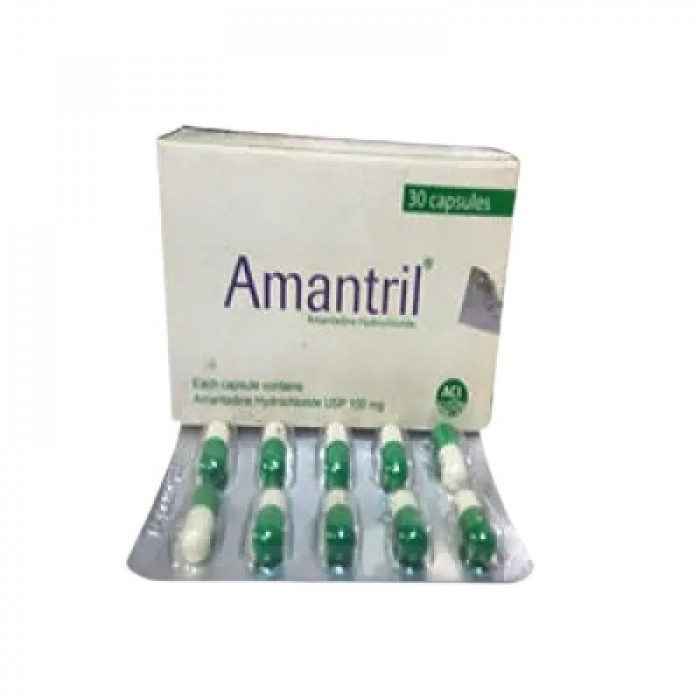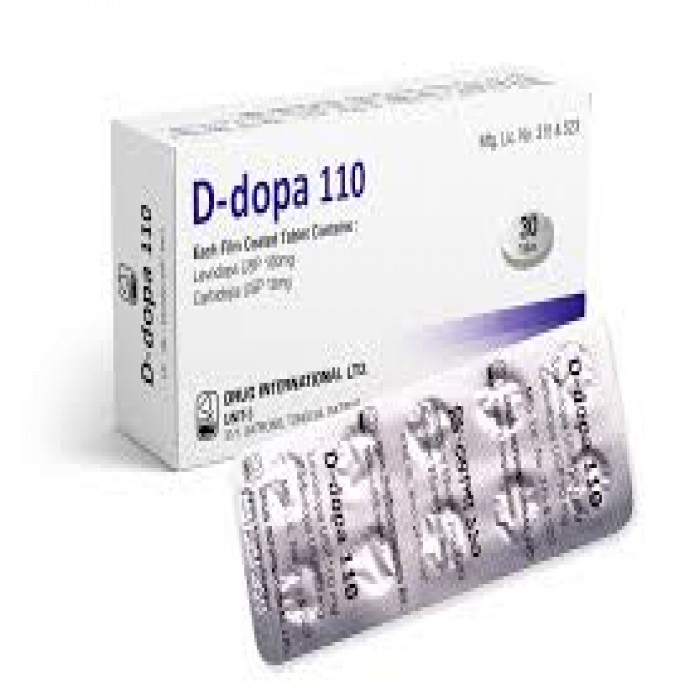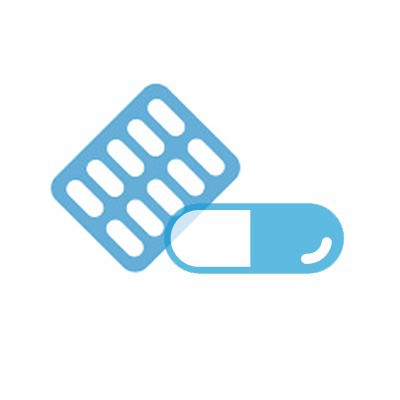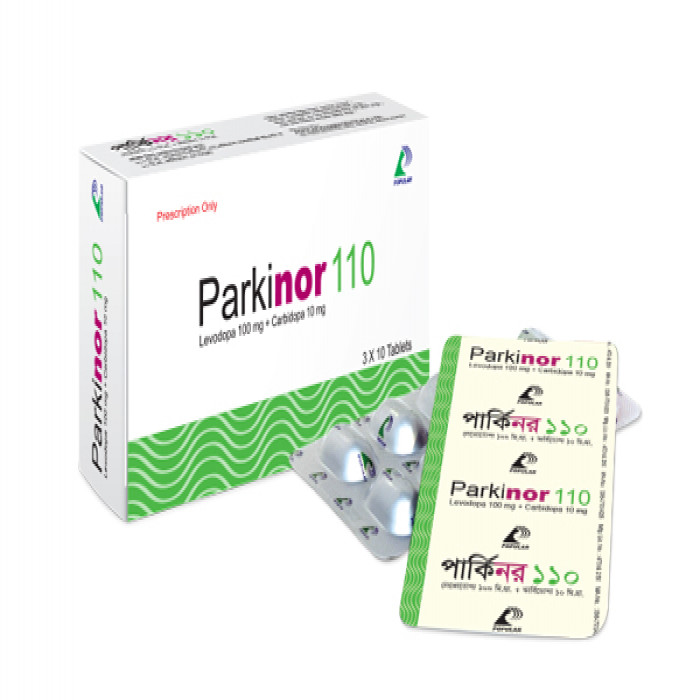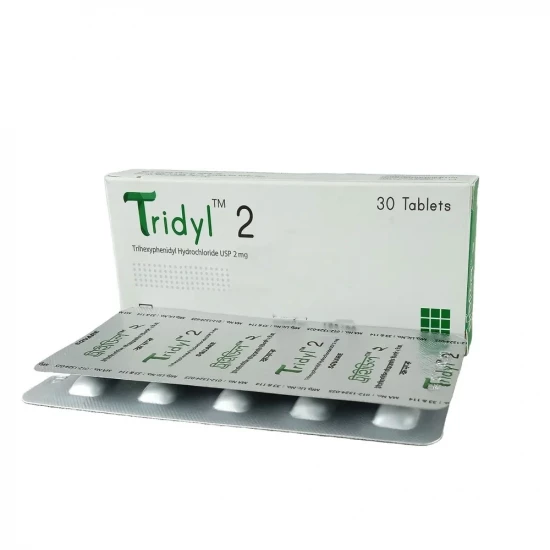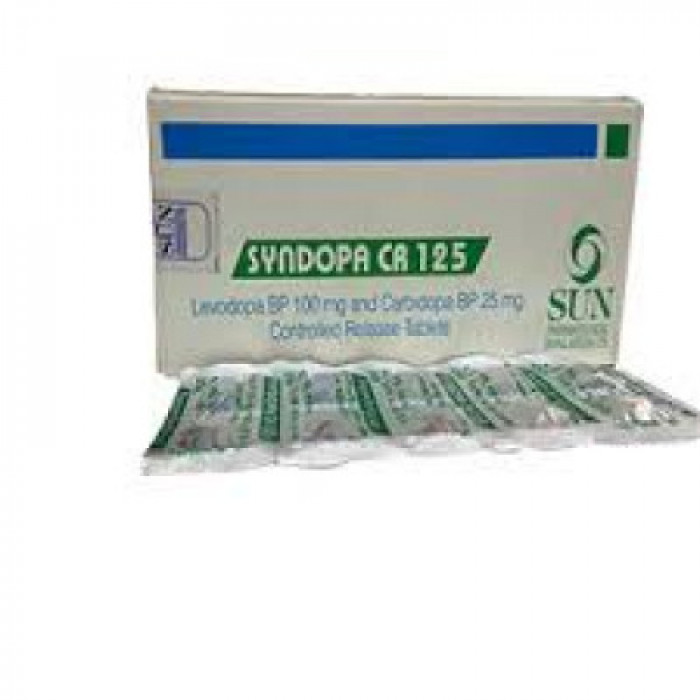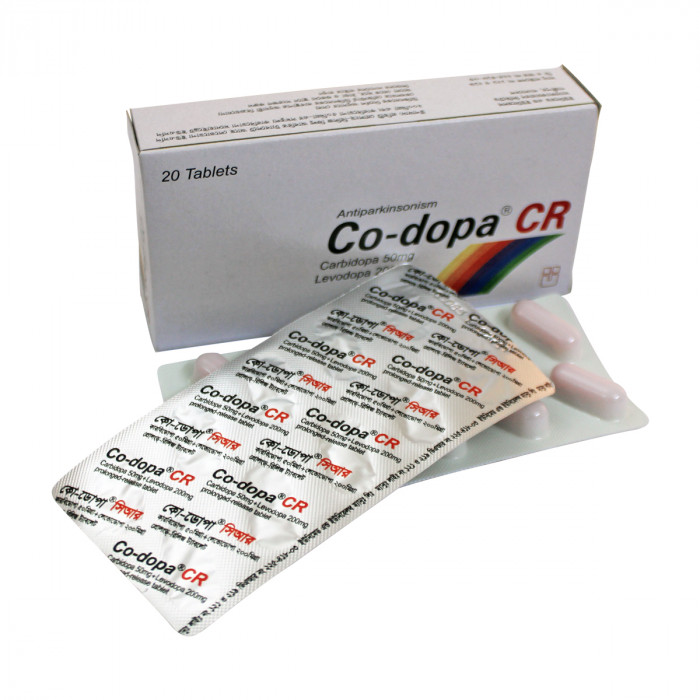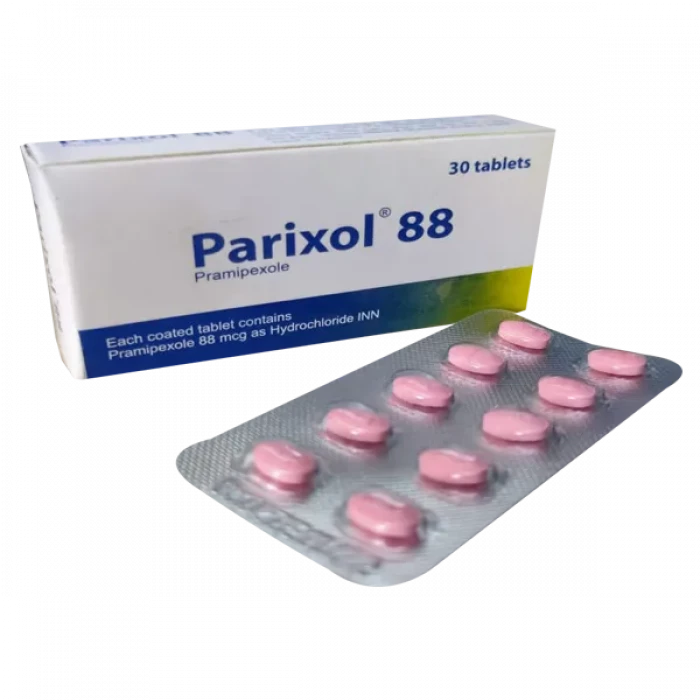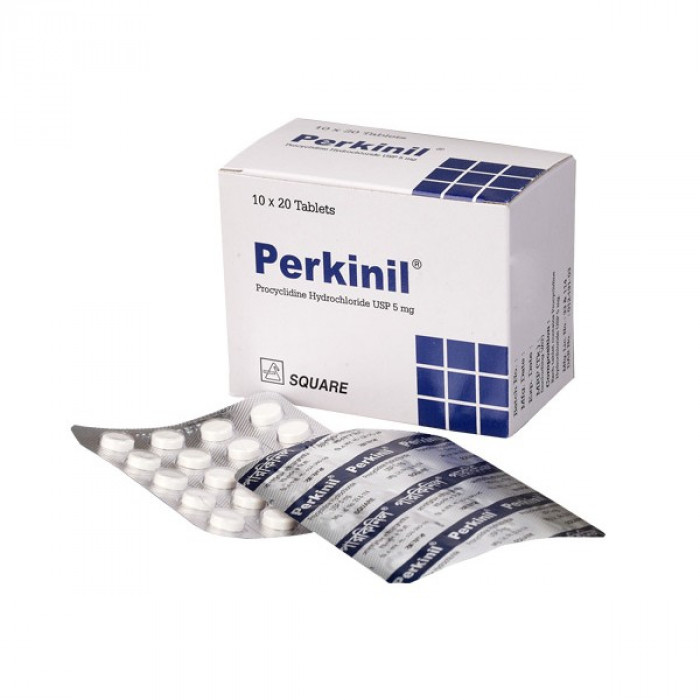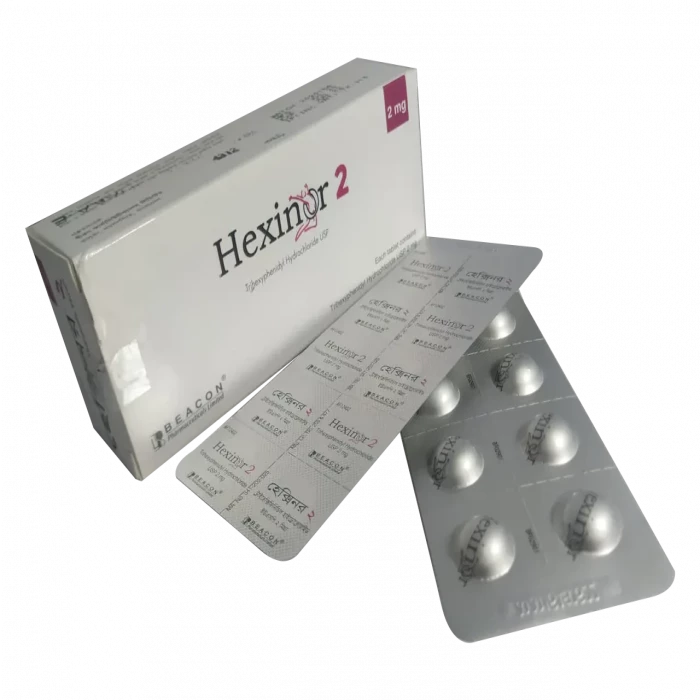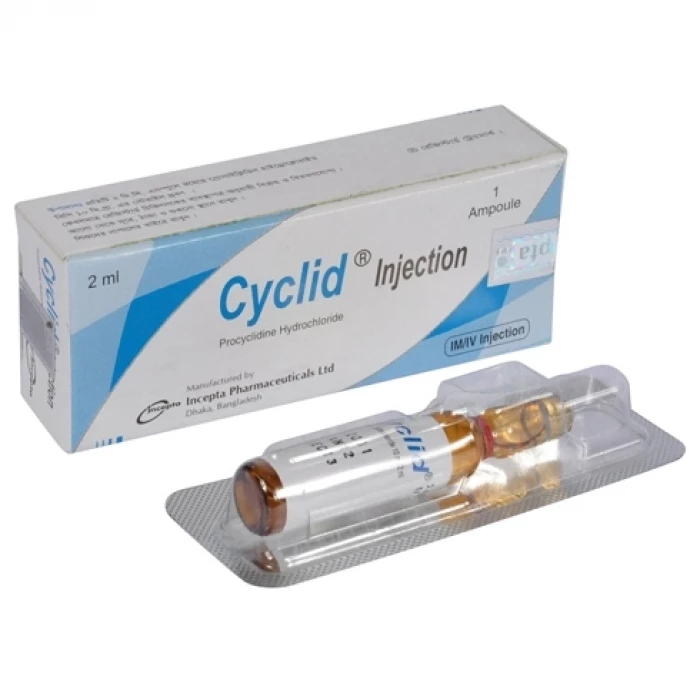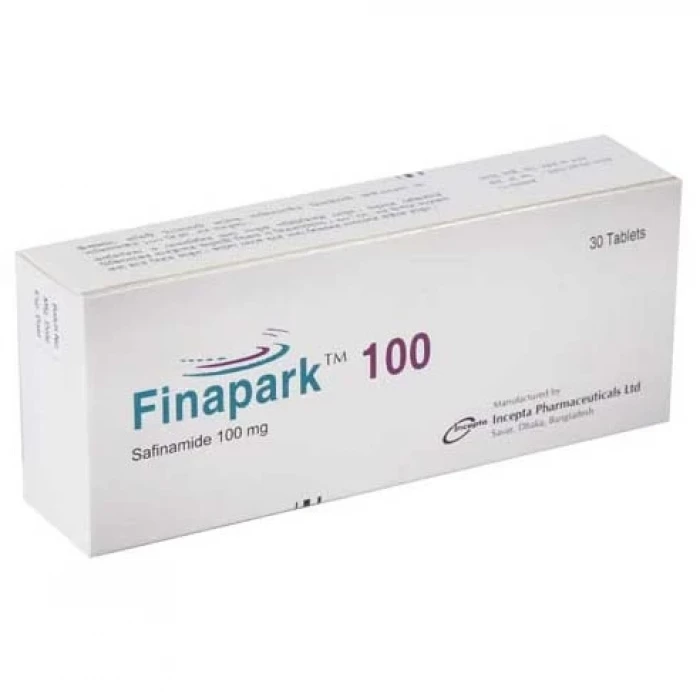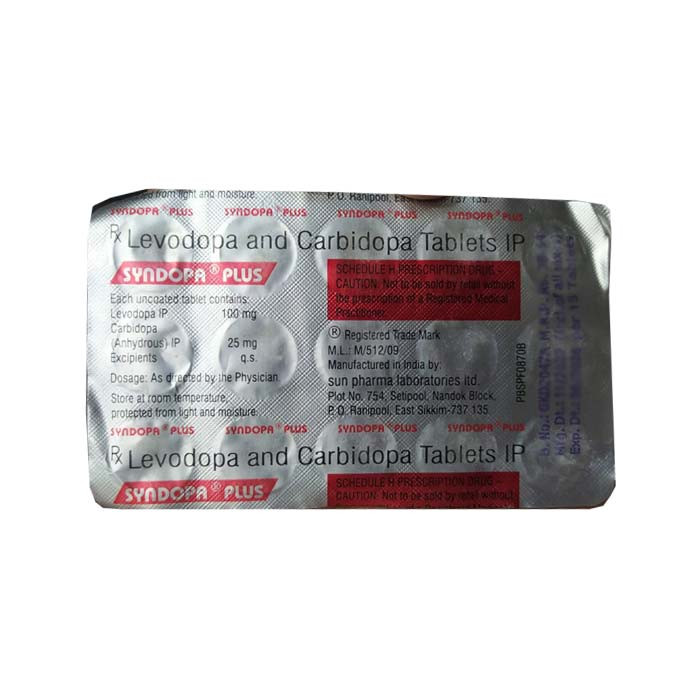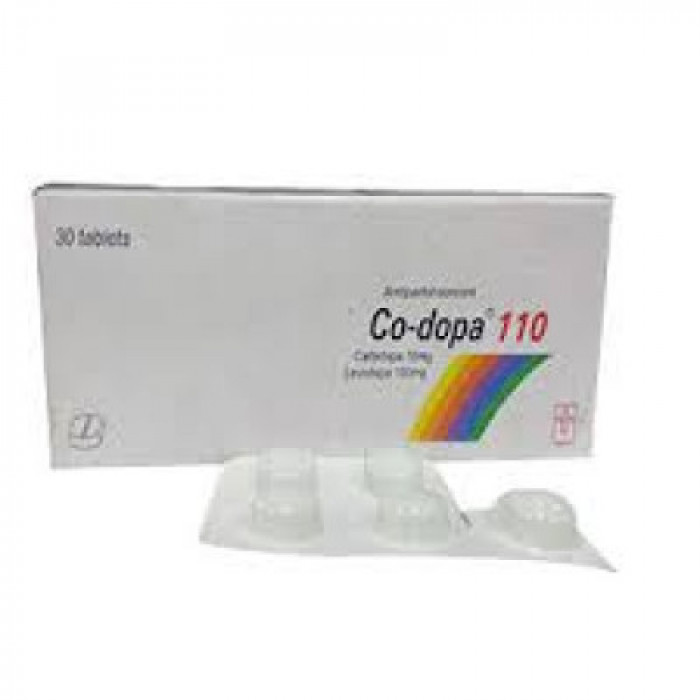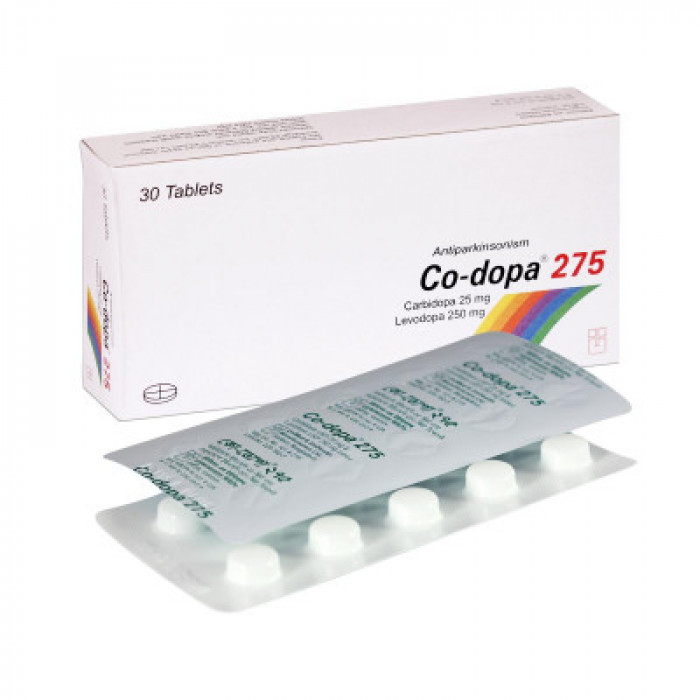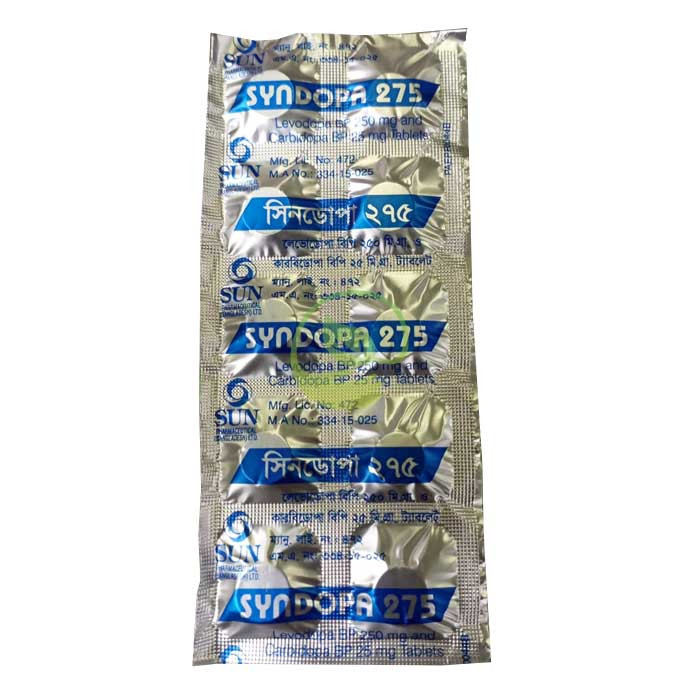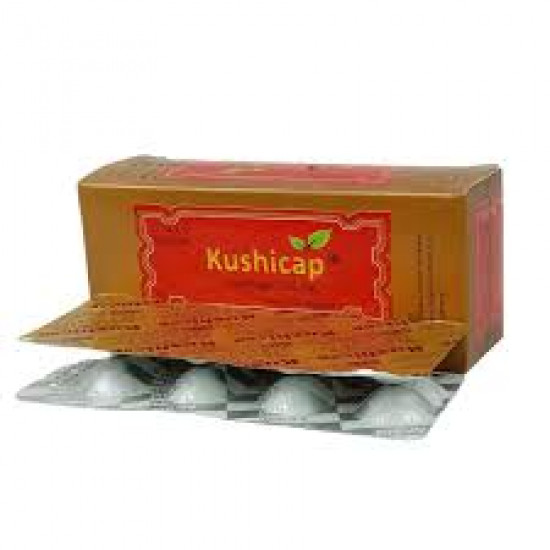
✔ 100% Authentic Product
👁️ Currently Viewing 1243
Cowhage (Mucuna pruriens) is an herbal source of L-dopa, traditionally used in Parkinson’s disease, male fertility, nerve health, and parasitic infections.

100% Genuine Products, Guaranteed
Safe & Secure Payments, Always
Fast, Secure & Efficient Delivery
Proper Packaging
 Cash on Delivery - All over Bangladesh
Cash on Delivery - All over Bangladesh Regular Delivery - 12-24 Hours, Dhaka City*
Regular Delivery - 12-24 Hours, Dhaka City* Regular Delivery - 24-48 Hours, All Over Bangladesh*
Regular Delivery - 24-48 Hours, All Over Bangladesh* ফ্রি ডেলিভারিঃ - ৯৯৯ টাকা+ অর্ডারে, ঢাকা
শহরে
ফ্রি ডেলিভারিঃ - ৯৯৯ টাকা+ অর্ডারে, ঢাকা
শহরে ফ্রি ডেলিভারিঃ - ২৯৯৯ টাকা+ অর্ডারে, ঢাকার
বাহিরে
ফ্রি ডেলিভারিঃ - ২৯৯৯ টাকা+ অর্ডারে, ঢাকার
বাহিরে
✅ Description:
Cowhage, also known as velvet bean, is a tropical legume found in regions such as India, the Bahamas, and possibly southern Florida. Its seeds, beans, and pod hairs are traditionally used in herbal medicine. Cowhage has been valued since ancient Ayurvedic times, especially for neurological and reproductive health.
Cowhage seeds are naturally rich in levodopa (L-dopa).
In the body, L-DOPA is converted into dopamine, a neurotransmitter essential for motor control and mood regulation.
Because Parkinson’s disease is linked to low dopamine levels, Cowhage-derived L-DOPA may provide symptom relief.
However, unlike pharmaceutical L-dopa (which is combined with carbidopa to prevent premature breakdown), Cowhage’s natural L-dopa is mostly degraded before reaching the brain, limiting its effectiveness.
✔️ Dosing
No standardized dosing guidelines exist.
Doses vary based on preparation (powder, extract, capsule).
Safety and effectiveness are not well established—consult a healthcare provider before use.
✔️ Uses & Potential Benefits
Currently, there is insufficient scientific evidence to fully confirm its effectiveness for most uses, but preliminary research suggests benefits in the following areas:
Parkinson’s disease – Contains levodopa (L-dopa), a precursor of dopamine, which may improve motor symptoms when used alongside prescription medications (amantadine, selegiline, anticholinergics).
Hyperprolactinemia – May reduce high prolactin levels in men caused by certain medications, but not effective for idiopathic hyperprolactinemia in women.
Parasitic infestations (worms) – Traditionally used as an anthelmintic.
Bone and joint discomfort – Sometimes applied for arthritis and musculoskeletal pain.
Nerve and circulation support – Used topically to stimulate blood flow in paralysis-related conditions.
Traditional uses – For anxiety, arthritis, fever, snakebite, scorpion stings, and to induce vomiting.
✔️ Drug Interactions
Major – Avoid
MAOIs (e.g., phenelzine, tranylcypromine) – May cause dangerous increases in blood pressure and heart rate.
Methyldopa – Additive blood pressure–lowering effect.
Moderate – Use with caution
Antidiabetic medications – Risk of hypoglycemia.
Antipsychotics (e.g., haloperidol, risperidone) – May reduce effectiveness.
Anesthesia drugs – May trigger heart complications.
Tricyclic antidepressants – May reduce absorption and effect.
Guanethidine – May cause an excessive drop in blood pressure.
✔️ Side Effects
Cowhage seed powder (HP-200) is possibly safe for up to 20 weeks.
Common: nausea, bloating.
Less common: vomiting, abnormal movements, insomnia.
Other preparations: headache, rapid heartbeat, confusion, hallucinations, agitation, psychosis.
Pod hairs – possibly unsafe; cause intense itching, burning, and swelling when ingested or applied to skin.
✔️ Special Precautions & Warnings
Avoid or use with caution if you have:
Pregnancy & breastfeeding – Insufficient safety data; avoid use.
Cardiovascular disease – May cause low blood pressure, dizziness, and irregular heartbeat.
Diabetes or hypoglycemia – May lower blood sugar excessively.
Liver disease – Could worsen liver damage indicators.
Melanoma – L-DOPA increases melanin; may aggravate skin cancer.
Peptic ulcers – Risk of gastrointestinal bleeding.
Mental illness – May worsen psychiatric symptoms.
Surgery – Stop at least 2 weeks before, as it can affect blood sugar and interact with anesthesia.
✔️ Storage:
Store in a cool, dry place, away from light.
⚠️Disclaimer:
At ePharma, we’re committed to providing accurate and accessible health information. However, all content is intended for informational purposes only and should not replace medical advice from a qualified physician. Please consult your healthcare provider for personalized guidance. We aim to support, not substitute, the doctor-patient relationship.




